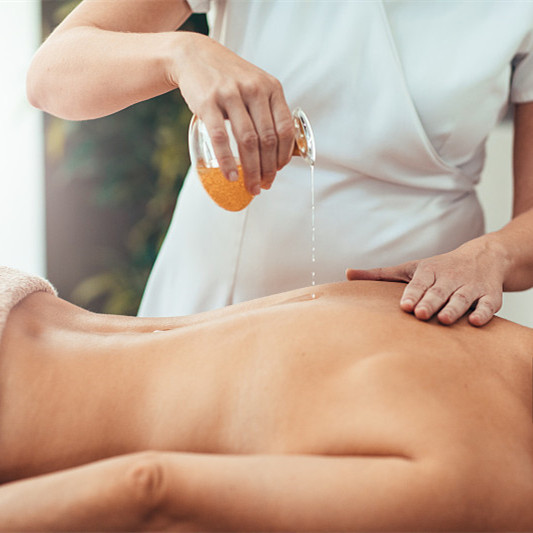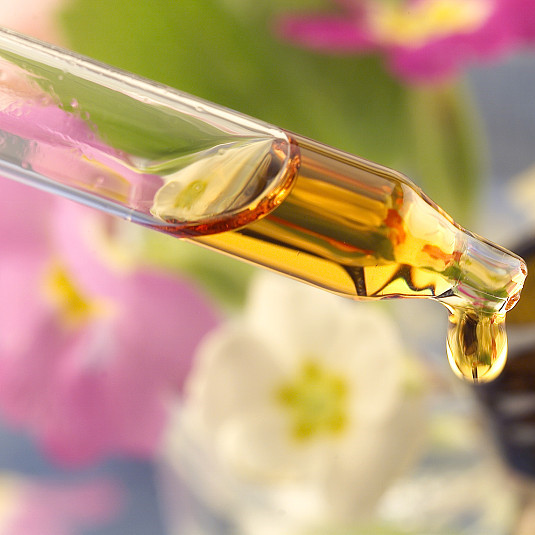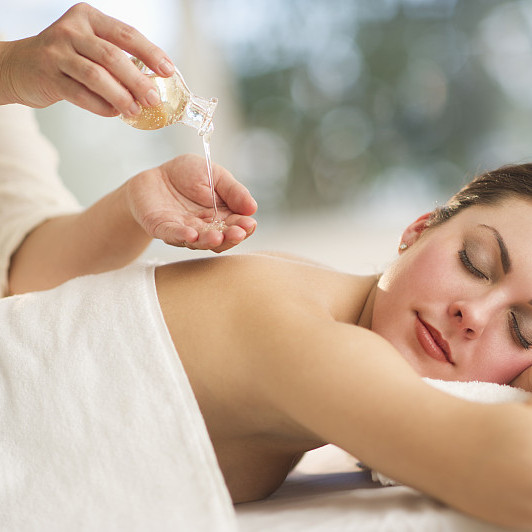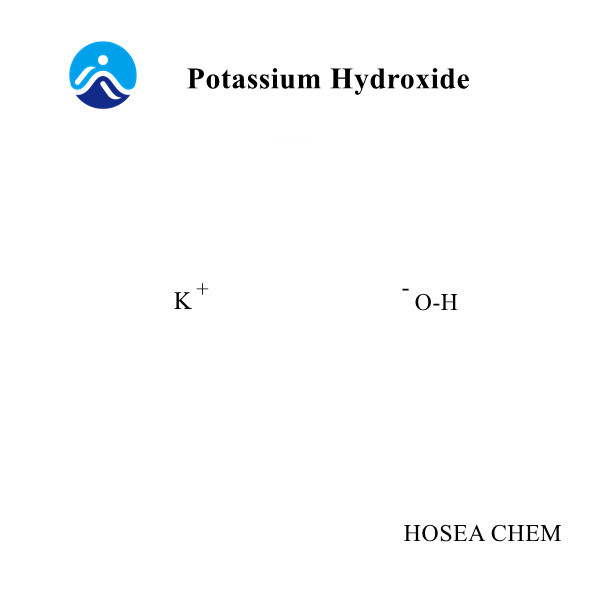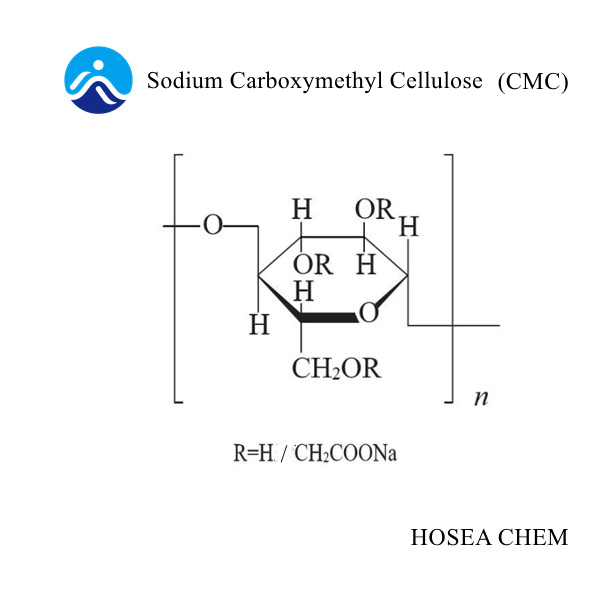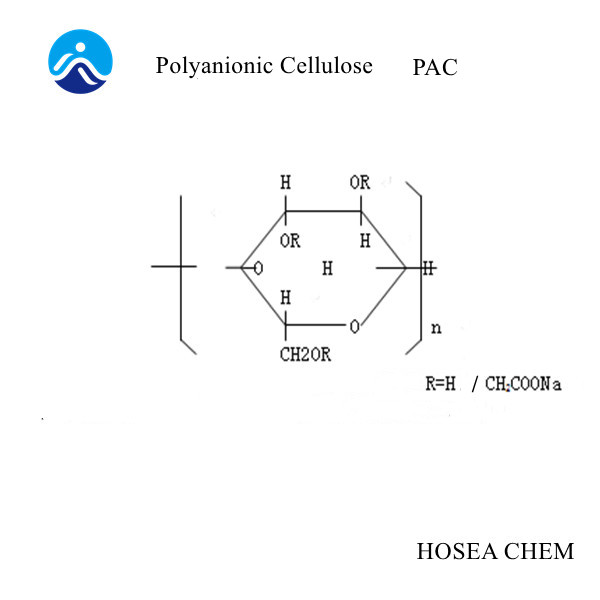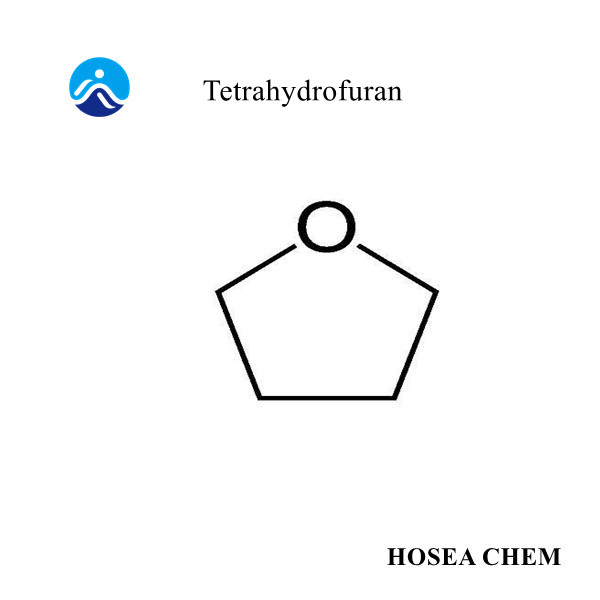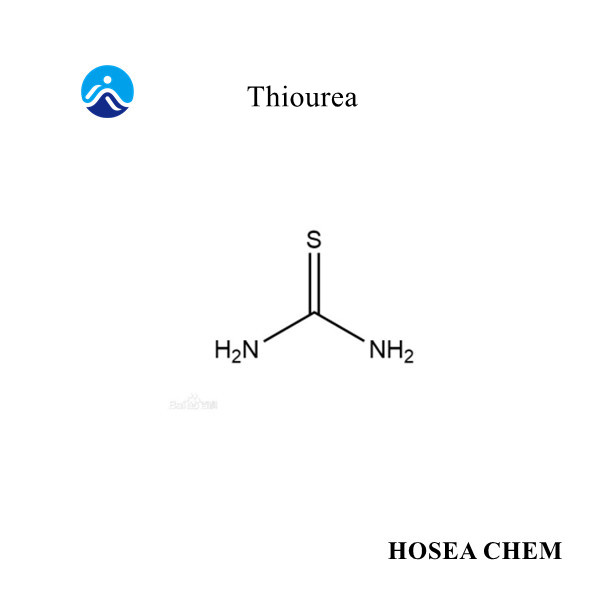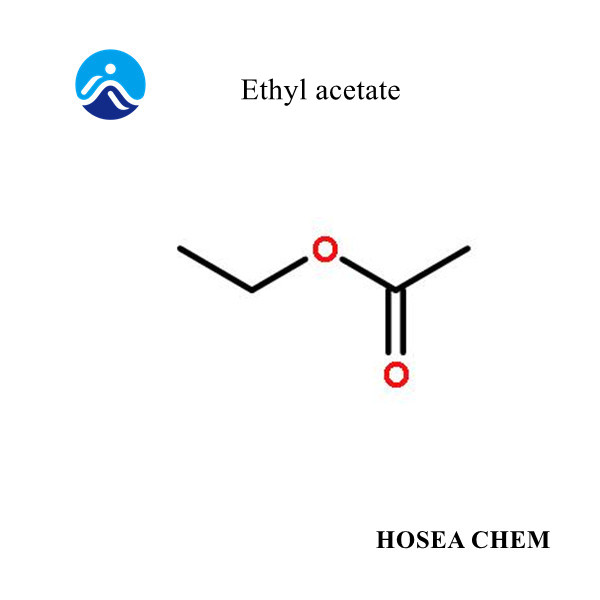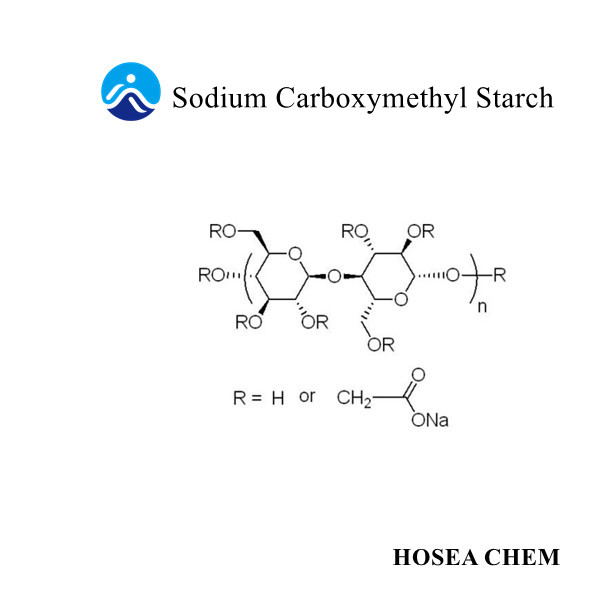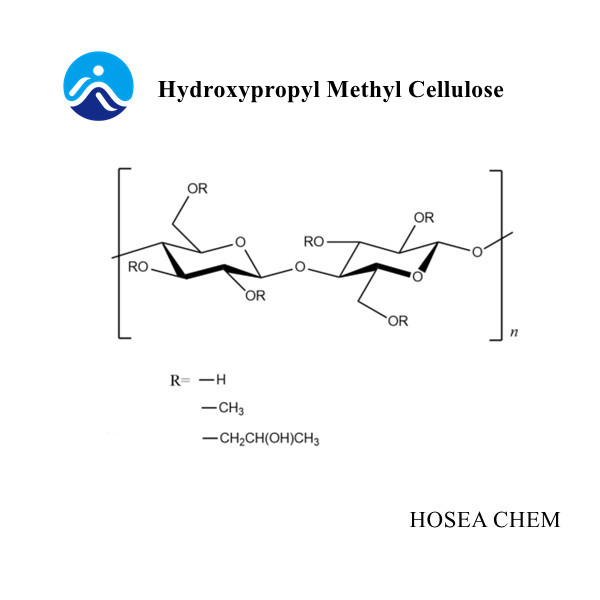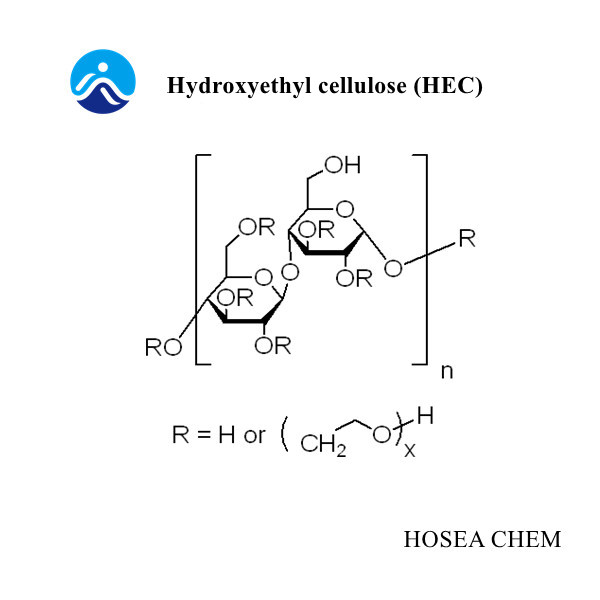Why do essential oils have to be added with isopropyl alcohol?
2023-07-22There are several reasons why essential oils are made with isopropyl alcohol. Isopropyl alcohol acts as a thinner to help blend essential oils and other ingredients evenly. It improves the stability of essential oils and extends their shelf life. Isopropyl alcohol also has a bactericidal effect, which can reduce the growth of bacteria and mold, ensuring the safety of the product.
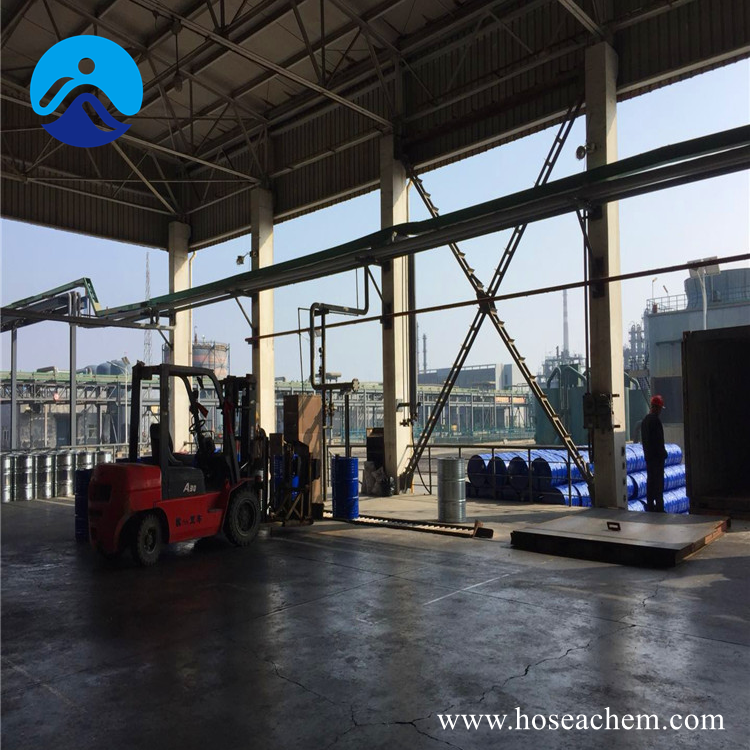
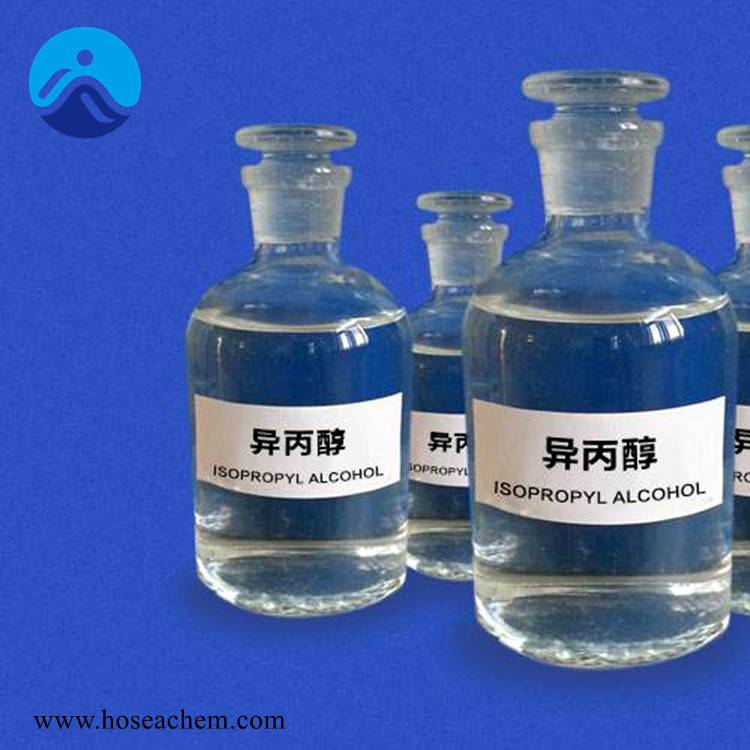
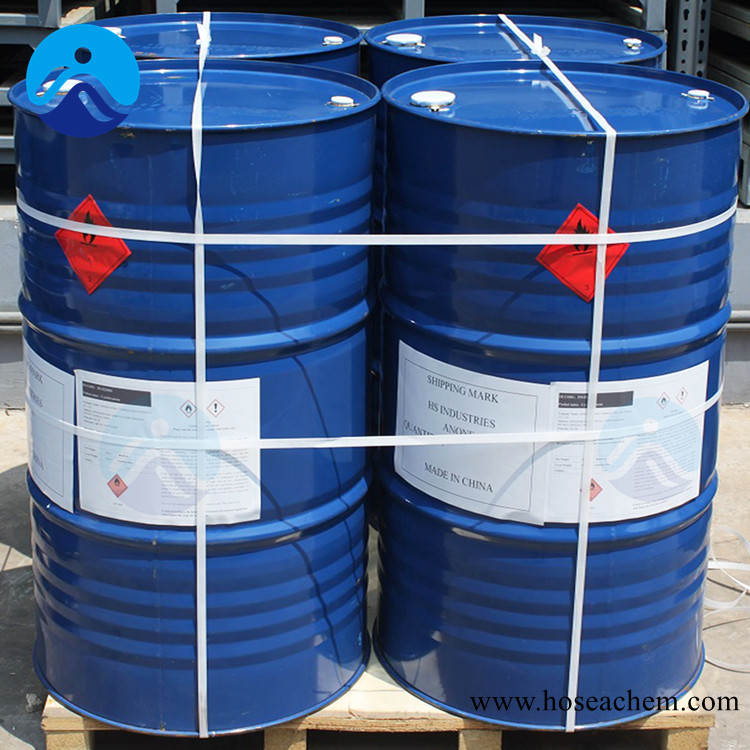
Adding isopropyl alcohol helps to mix the ingredients. Essential oils are usually highly concentrated aromatic substances extracted from plants and need to be diluted before use. By adding isopropyl alcohol, essential oils can be blended well with other carrier oils or thinners, making them easier to work with. This ensures that each drop of essential oil contains the proper ratio of ingredients to achieve the desired effect.
Isopropyl alcohol also increases the stability and shelf life of essential oils. Since some essential oils are susceptible to deterioration due to factors such as light, oxygen, and temperature, adding isopropanol can reduce the impact of these adverse factors on essential oils. This way, the product retains its original quality and efficacy for longer.
Isopropyl alcohol is also antiseptic, reducing the growth of bacteria and mold. Essential oils can often mask underlying microbial problems due to their strong scents. When essential oils are mixed with other ingredients, microorganisms may multiply in the product if the necessary precautions are not taken. In order to ensure the safety of the product, adding isopropanol can play a bactericidal effect and reduce the potential health risks caused by microorganisms.
Adding isopropanol to essential oils helps in blending ingredients, improves stability and shelf life, and reduces microbial growth. These are all to ensure the quality and safety of the product. At the same time, it should be noted that when using essential oil products, they should be used in the correct proportion and method, and follow relevant guidelines and recommendations.
